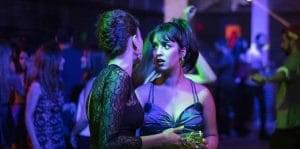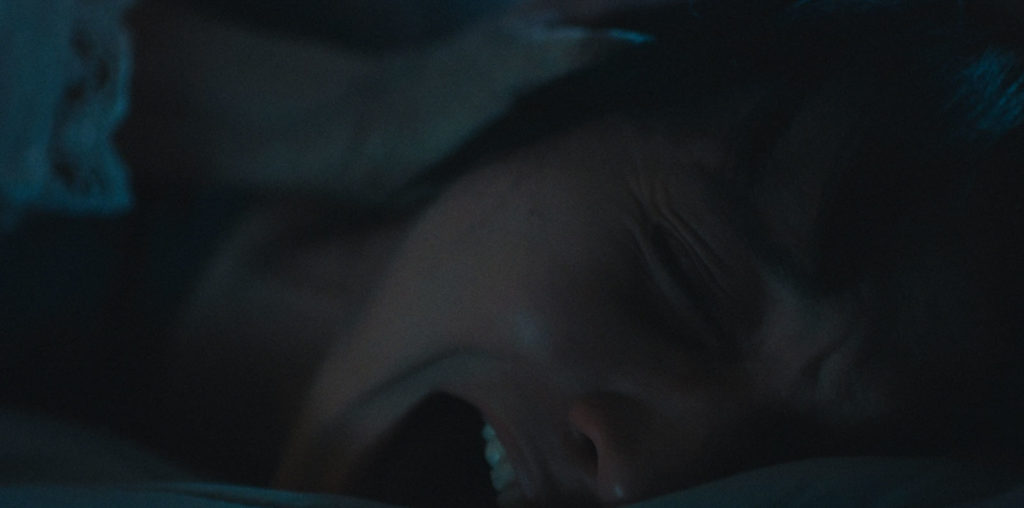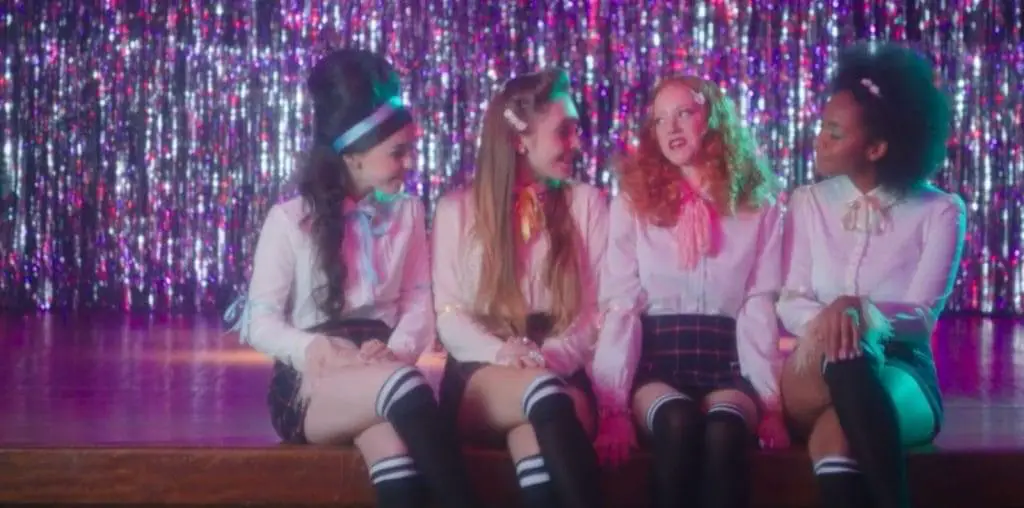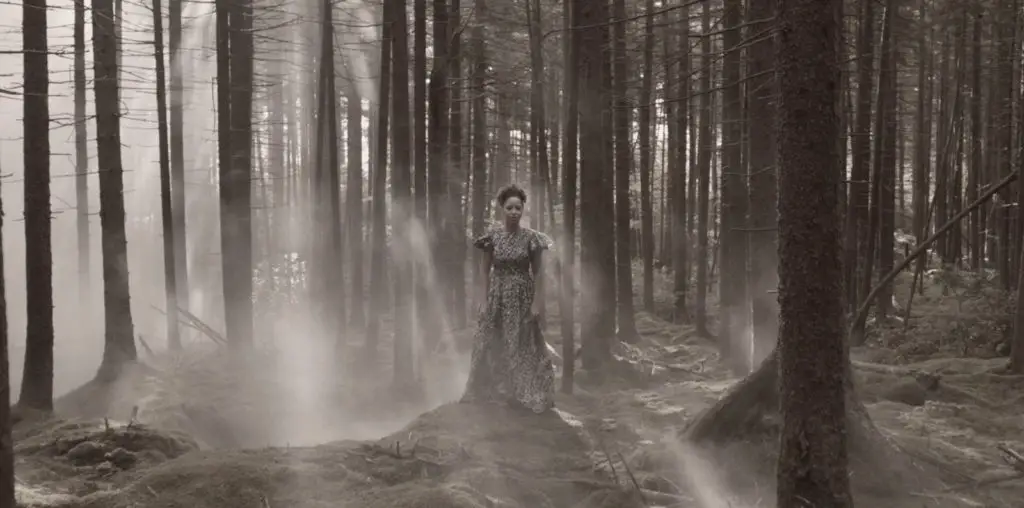
Police in the United States have been a vicious force since evolving from the slave patrols in the South. Despite progression towards egalitarian regulations, law enforcement has lagged in straying from its abusive, racist origins. That’s why, along with widespread protests responding to police killings of unarmed Black men, an Oakland coffee shop recently refused to serve cops.
But while police violence has faced growing mainstream scrutiny, the more gendered subset of sexual violence remains largely undisrupted. Sexual assault is the second highest reported form of misconduct after excessive force. Considering the shame factor and systemic hush culture, it might actually be the most prevalent crime committed by cops in the U.S. For example, one cop in Oklahoma—Daniel Holtzclaw—raped seven women before being apprehended and committed to 263 years of prison.
The American police force is likely among the worst perpetrators of sexual violence, but the issue is universal. Beauty and the Dogs proves this. The 9-shot, 9-act Tunisian feature film is as an exposé on the masculine connection between rape and power, or more specifically, rape culture and law enforcement. 21-year-old Mariam (Mariam Al Ferjani), bright-eyed and graceful, leaves the dancefloor with a man who catches her eye. Suddenly she’s running hysterically through the empty streets, her rape by two policemen discredited or deflected at every turn. The fraternal police power flexes every line of defense to silence the blowing whistle.

“…her rape by two policemen discredited or deflected. The fraternal police power flexes every line of defense to silence the blowing whistle.”
Beauty and the Dogs illuminates the systemic snare of law enforcement’s male solidarity on multiple levels. At times, director Kaouther Ben Hania positions the viewer to question the veracity of Mariam’s story, facilitating a further troubling experience for the audience. Even with her male suitor Youssef (Ghanem Zrelli) vehemently crusading for justice, it’s nearly impossible to find an open ear at the police station or the hospital. Sometimes her pleas for help are not just ignored but returned with more abusive advances. After jumping through many hoops to receive an examination from a doctor, the gynecologist reenacts gestures of rape, jerking her legs open without any consideration of consent.
Although it’s impossible to calculate the number of police rapes in the US or worldwide, it’s almost indubitable that police commit sexual crimes more than an average citizen. A Washington Post article cited a study finding that “2 in 5 young women — almost half of whom were Black, Latina or Asian — reported sexual harassment by officers” in the New York. Considering the relationships between rape and power and the rates of sexual assaults reported, it’s safe to assume that the police force is one of the most delinquent organizations in the country.
At the hands of a gang member or a government employee, authority with weapons is always a recipe for violence, whether it’s fatal or sexual. According to my calculations, police commit around 18 times more murders by firearm than average US citizens, a number that doesn’t make sense, regardless of context. As chillingly posited by Ben Hania’s Beauty and the Dogs, male-dominated authoritative institutions have come to prioritize their own reputations above the wellbeing of the citizens they’re tasked to protect. How can we reconcile the fact that the institution which exists to protect us is one of the most violent enterprises in the country? It’s beyond time to reexamine law enforcement as a non-lethal, non-masculine force.

Beauty and the Dogs (2018) Written by Kaouther Ben Hania; Directed by Kaouther Ben Hania and Khaled Walid Barsaoui, Starring Mariam Al Ferjani and Ghanem Zrelli; Shot by Johan Holmquist; Edited by Nadia Ben Rachid; Beauty and the Dogs played in the Un Certain Regard section at Cannes 2018.
8 out of 10 Oscars


